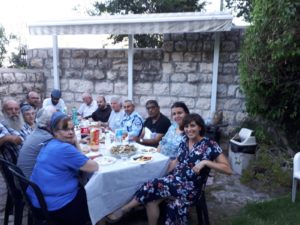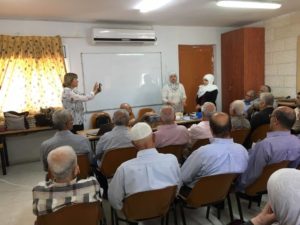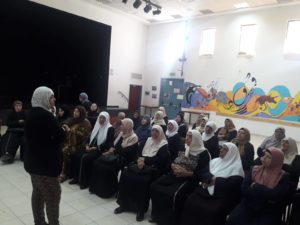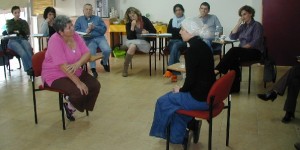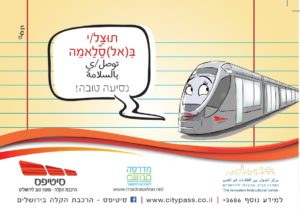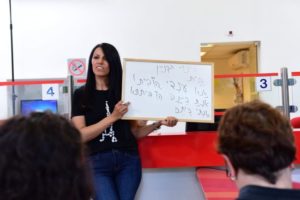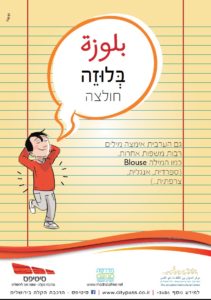Window to Mount Zion – Since When Does Dinner Make Headlines?
Since when does dinner make headlines?
When those at the dinner include Jews, Christians and Muslims, all ‘residents’ of Mount Zion in one way or another.
Today everyone looks calm and relaxed; but this was far from the case just a few years ago, before Window to Mount Zion began, when inter-religious tensions on Mount Zion were at an all-time high. We’ve come long way. At the meal, we discussed new ideas and initiatives to help those who live on and visit Mount Zion.
Kol Hakavod!
Here’s the post from Window to Mount Zion’s Facebook page:
Many thanks to our partners in action, Search for Common Ground.

